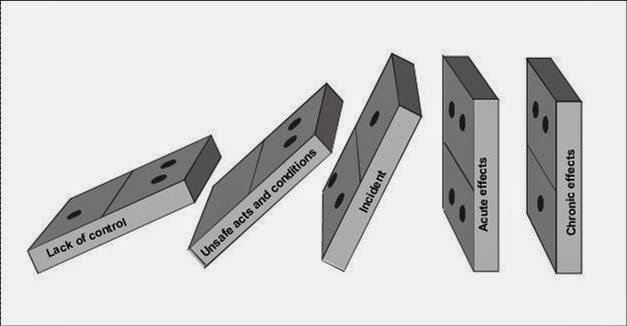Only since the onset of the Industrial Revolution has the definition of a nation been considered. A kingdom, empire, duchy, or baronage had centuries of political significance and meaning, but as the common man gained a voice, the identity of the political unit and means of governance changed. Nationalism is a political ideology that attaches member citizens to a nation. During the inconclusive, gory republican revolution in France, individualism took hold of popular imagination. When pseudo-monarchical dictatorship under Napoleon ended the revolution and spurred French armies to invade much of continental Europe, this new, political nationalism spread from its cradle to the enormously diverse tribes, clans, and people groups throughout Europe.
As the nations of Europe stoked the furnaces of the industrial revolution, historic military rivalries escalated as means of production and population rose. As material wealth increased dramatically in no time at all, these citizen-nations jostled each other over bragging rights. To encapsulate the essence of these views, no matter the state of your people's heritage, you should be proud of your language, religion, and culture. Nationalism is national pride; pride goeth before a fall.
Nationalism seemed fulfilling. The industrial revolution's wealth and technological adaptations allowed Europe to conquer the world as the Imperial Age took hold of even smaller nations, notably Belgium. At the height of its glory, Europe took slight from any perceived offenses by competing nations, and as the web of inter-national alliances bound Europe together, war was unavoidable.
As European nations descended into a total war of attrition, colonial populations were called forth to man the war front. Despite the large death tolls, troops from the colonies returned home with their own ideas of nationalism and self-determination. As the infrastructure for maintaining colonies was shelled into the mud of continental Europe, independence movements began in to push back against their oppressive overlords. The major effects of the Great War were to inspire nationalist movements in the colonies and to set the motivation for World War II.
Just as the War to End All Wars crippled industrial production in Europe that weakened imperial powers, WWII decimated Europe to such an extent that the two decades following saw a nearly complete disassembling of imperial powers.
Nationalism spurred European nations to reach the epitome of global domination while providing the decimation that destroyed their basis of power.
"Fulfillment" means that Europe was satisfied in their pride, strength, wealth, and might, ever proud of their developments and accomplishments. However, fulfillment also means a conclusion of a promise or prediction, and in that way Europe both fulfilled its desire of world conquest while completing the prophecy of pride.
Wealth, technology, and cultural perceptions do not a great country make. People make a nation great. Love is stronger than hate. If a nation's people are fueled by hate and fear, they will never succeed, never be satisfied, and never feel safe.
__
Agatha Tyche

No comments:
Post a Comment